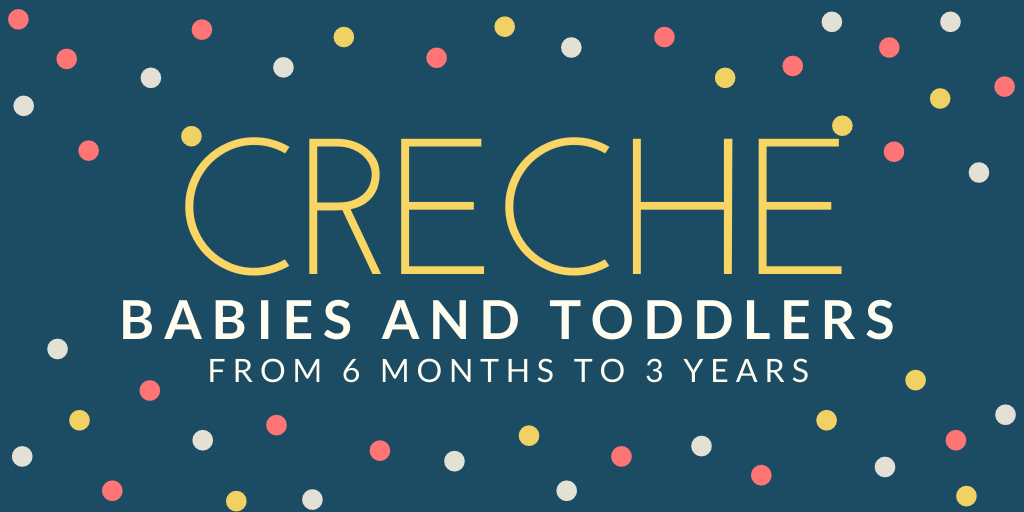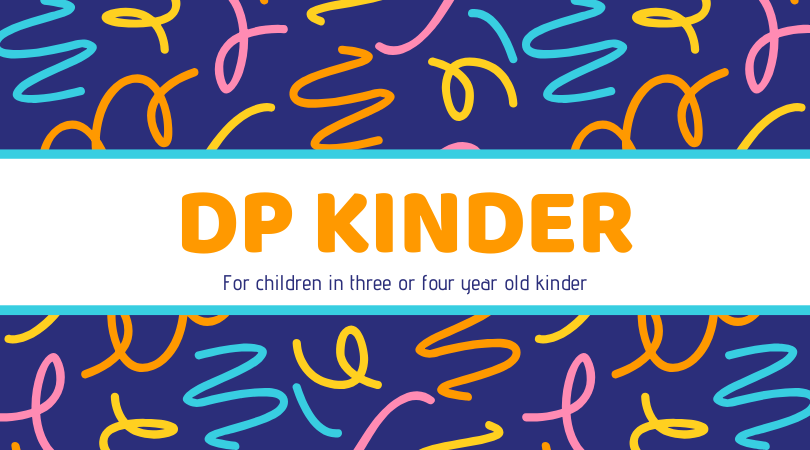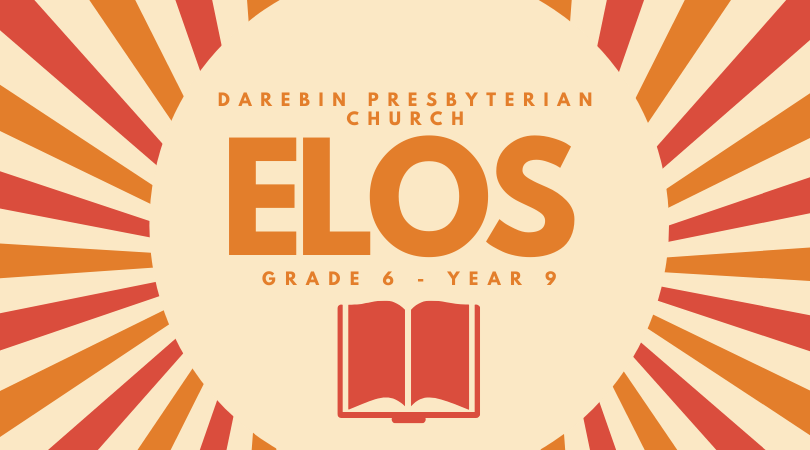HELPING YOU MATURE IN CHRIST AT DPC
At Darebin Presbyterian Church, we are passionate about seeing people mature in their faith by becoming increasingly more like Jesus Christ. This spiritual transformation reveals itself in people living fruitful and God-honouring lives in community and it grows through the following, all done in the context of a personal relationship with Jesus (John 15:5):
Renewing minds – Growing in our Christian thinking helps us the see the world through gospel eyes. (Romans 12:2)
Shaping character – Growing in our Christlike character helps us to live out the gospel in all of life. (Colossians 3:12-14)
Building spiritual habits – Growing healthy spiritual habits keeps us grounded in Christ and his gospel. (Colossians 2:6-7)
Growing together – Growing a desire to spur one another on keeps the body of Christ maturing together. (Ephesians 4:15-16)
Our church services and Gospel Communities (GCs) play a key role in this but sometimes an additional approach is needed. That is why we also offer Connect Groups (CGs) which are an opportunity for individuals to connect with God’s Word and God’s people in a smaller setting and which might cater better for someone’s particular needs for a season.
WHAT ARE CONNECT GROUPS?
A CG is a group of 3-4 people at DPC who meet regularly to read the Bible (or a Christian book) and pray. They are sort of like prayer triplets where people encourage one another through conversation and prayer however they involve more than prayer and they aren’t limited to just three people in a group.
A CG might meet weekly, fortnightly or monthly. The goal is to spend some time in the Word of God or discussing a book that aids in Christian growth so that together you can mature.
A particular benefit of CGs is that they enable you to develop healthy spiritual habits. It is easy in a larger setting to be passive but in a small group, you will be encouraged to read the Bible for yourself, to practice praying for the needs of others and to look to Jesus for shaping your priorities in life.
HOW DO I JOIN A CONNECT GROUP?
We encourage you to find some people at DPC to form a CG. While we can certainly help you out if you are having trouble finding others, we want these to mostly develop naturally out of existing connections or to develop through you being bold in asking some people you may not know that well.
Once you have formed a CG, please register using the button above so that we can send you a “CG Pack” with some information, resources and goodies. It’s important for you to discuss with your CG what you would like to study at first, how often your group will meet, where you will meet and how long you think your group may stay together. You could always set a check-in date (e.g. 3 months or 6 months) where you will reassess whether you want to keep meeting.
WHAT ARE CONNECT GROUPS NOT?
A CG is not intended to be a prayer group where there is no Bible content (or other formal Christian content). Also, they are not counselling or support groups. They are meant to help us connect with God not just with each other and so that means we need input.
A CG is also not a replacement for joining a Gospel Community. While it may be easier for someone to join a CG due to their life circumstances or their current stage in their spiritual journey, it cannot fulfil all the outcomes of a GC. GCs are more diverse in their makeup which helps us grow in the context of various relationships. GCs have designated leaders for teaching and offering pastoral care. GCs have carefully chosen content to ensure a range of topics are covered that promote a breadth of Christian maturity. Therefore, our priority will always be to encourage people to join a GC first and a CG will usually be an additional group.
A CG is not a lifelong commitment. While some groups may want to meet for years, it is intended that members will think in terms of seasons and that each CG will have a natural lifespan or a point at which people review whether they wish to keep meeting together.
WHY DO WE NEED A FORMALISED CONNECT GROUP MINISTRY?
We want these groups to grow organically but we believe that having a centralised resource base and a unified approach to how they run will help us to work together as a church in meeting our vision. It also ensures people don’t miss out if groups just spring out organically from sub-demographics or if they are simply not able to find others to form a group with.









